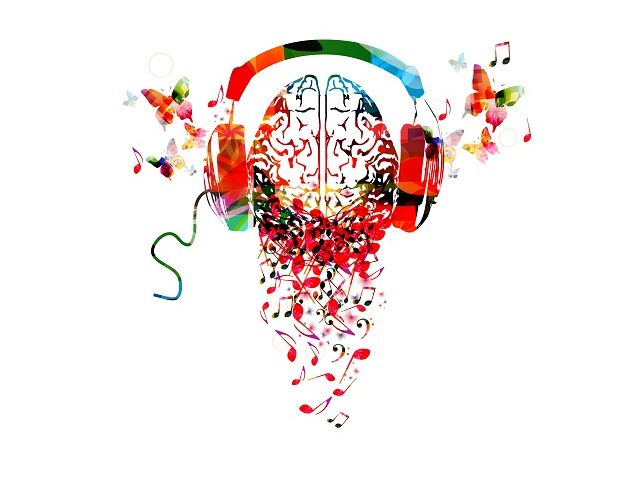Neurologic Music Therapy
Neurologic Music Therapy is a specific strand of music therapy and is the therapeutic application of music to cognitive, affective, sensory, language and motor impairments due to disease or injury to the human nervous system. The neuroscience evidence-based treatment model focuses specifically on music and rhythm's physical effect on the brain and brain connections (neuropathways) through specific research-based techniques.
Within the branch of Neurologic Music Therapy, music is used to promote changes in non-musical brain and behaviour function. Music does not activate any one area of the brain. Brain scans demonstrate that music activates several brain regions simultaneously, and thus has the potential to create new pathways to facilitate learning and re-learning of skills and behaviours that have been lost or impaired.
Therapeutic goals and interventions address the rehabilitation, development, and maintenance of functional behaviours. The techniques used are categorised into three domains: sensorimotor training, speech and language training, and cognitive training, addressing specific goal areas and impairments in each domain. Each technique is evidence-based and standardised and provides a specific intervention that is individualised for each person according to their ability and needs.
Specialist training is completed by a therapist to practice Neurologic Music Therapy. It differs from traditional music therapy in that it views music as a neuroscience model in which music and rhythm is a hard-wired brain language to promote brain connections (neuropathways), as opposed to as a social-science model for well-being.
Neurologic Music Therapy is endorsed by the World Federation of Neurological Rehabilitation, the European Federation of Neurorehabilitation Societies and the International Society for Clinical Neuro-musicology.


